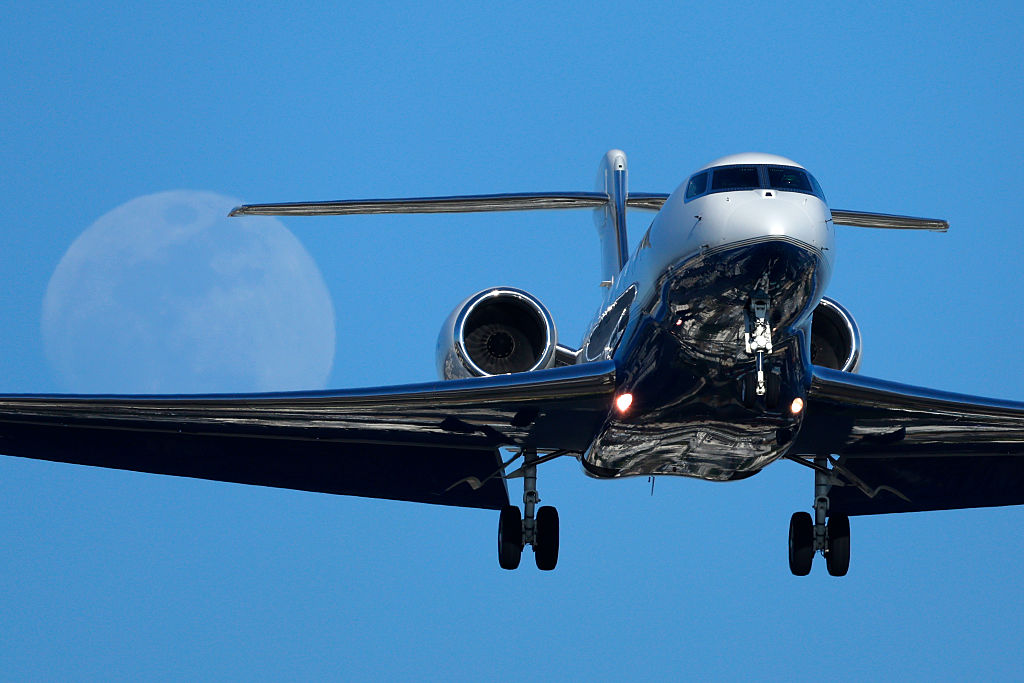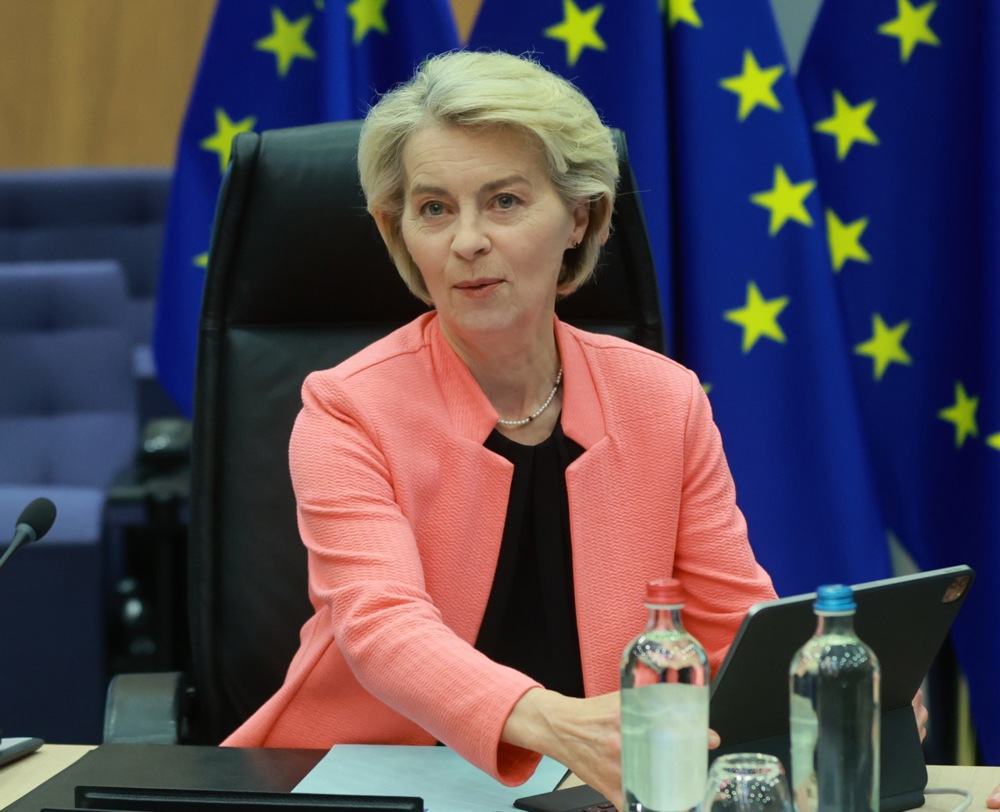Campaigners with the European Citizens’ Initiative (ECI) Save Your Right, Save Your Flight! have flagged up plans in Brussels to cut back on air-passenger compensation rights.
The European Union-backed ECI is designed to help shape the EU by calling on the European Commission to propose new laws. Once an initiative has reached 1 million signatures, the EC decides on what action to take.
According to a new draft law proposed in Brussels regarding air travel, delay thresholds would be raised and compensation amounts for passengers would be cut.
This would weaken air passengers’ rights, the ECI campaigners claimed.
Airlines, though, said it expanded rights of passengers and argued the changes would improve clarity and operational efficiency.
Under the existing EU Regulation 261/2004, passengers can claim compensation when flights are delayed by three hours or more, with payouts ranging from €250 for short-haul trips to €600 for long-haul journeys.
The new proposal, backed by the the European Council, would raise the minimum delay for compensation to four hours and up to six hours for long-haul flights. It would also reduce payouts for many routes, including cutting long-haul compensation from €600 to €500.
Please support our new ask to EU governments to maintain passengers’ rights in Europe by signing https://t.co/XbAQLNprtt @saveyourflight pic.twitter.com/UXrxWWz2nW
— Alberto Alemanno (@alemannoEU) August 8, 2025
EU transport ministers want to change the current regulation, claiming a need for modernisation, streamlining and the balancing of greater clarity for passengers with maintaining aviation sector viability.
According to the European Council, the revised rules were intended to deliver “simpler and clearer rules for air passengers” while preserving connectivity and ensuring a fair competitive environment within the EU’s internal market.
Campaigners have expressed alarm. “For most passengers, these changes would mean no longer being eligible for any compensation at all,” the Save Your Right, Save Your Flight! team warned in a press release.
“These rights were introduced for a reason. When your flight is seriously delayed or cancelled, you deserve more than an apology.”
Ourania Georgoutsakou, managing director of Airlines for Europe, told Brussels Signal the proposal was “a valuable opportunity to make the passenger rights framework clearer, easier to enforce, and more effective for both passengers and airlines”.
“Airlines support improvements that make the system work better in practice and reflect operational realities,” Georgoutsakou said.
She pointed to 31 new or reinforced rights in the draft law, including automatic delay notifications and the option to correct misspelled passenger names free of charge up to 48 hours before departure.
Delays, cancellation or lost luggage.
Problems you may unfortunately face when travelling by ✈️ or 🚆However, you have a full set of EU rights for all of these:
✈️ Air passenger rights: https://t.co/HzBDAPGE7b
🚆 Rail passenger rights: https://t.co/GDyYfoD3U7 #EURights pic.twitter.com/BDjO3TBLcC
— EU Justice (@EU_Justice) August 11, 2025
Georgoutsakou argued that the three-hour compensation threshold, introduced in 2005, now did more harm than good.
“Airlines are often forced to cancel flights they could otherwise operate with a short delay, because compensation is triggered after just three hours,” she said.
The EC’s original proposa l— to extend thresholds to five and nine hours — was designed to address this, she added, and could prevent up to 70 per cent of avoidable cancellations.
“More realistic timelines would give airlines a fighting chance to recover schedules more effectively, reduce knock-on delays, and prevent unnecessary cancellations.
“This would mean millions more passengers could sleep in their own beds, make it to their meeting, or start their long-deserved holiday,” Georgoutsakou said.
“Passengers value reaching their destination safely and on time above all else,” Georgoutsakou added, citing a 2020 EC study.
“The right to care and assistance remains unchanged, and airlines will continue to provide this in case of delay or cancellation.”
Activists from the ECI were unconvinced. Speaking to Brussels Signal, the group accused airlines of exaggerating the impact of the current rules. “Airlines say this threshold ‘forces’ them to cancel flights,” their statement said.
“Yet the European Commission’s own Impact Assessment acknowledges that it is based only on estimates from a selection of airlines.”
The campaigners pointed to independent analysis of 13 million flight and weather records that found so-called non-extraordinary cancellations in the Netherlands, the UK and Germany had fallen since the three-hour rule was introduced.
“The ‘short threshold = more cancellations’ argument simply isn’t supported by evidence,” they argued.
They said that the choice between arriving on time or receiving compensation is a false one. “It is not unreasonable to expect both—and to receive fair compensation when that standard is not met.”
“Raising the time thresholds while reducing compensation amounts would give airlines permission to be late. What sets the EU apart is the high level of protection we enjoy as consumers,” they added.
“Policymakers should be building on that strength, not rolling it back.”
The EC has welcomed the proposal, highlighting positives and supporting a balanced approached but stressed it was up to the European Parliament and the European Council to reach an agreement and that the EC would support that result.
The Council’s decision to push the proposal forward without the usual consultation with the EP has added fuel to the fire. Spain, Germany, Slovenia, and Portugal all voted against the plan, arguing it clearly weakened passenger protections.
In June this year, the EP’s European People’s Party came out against the potential watering down of existing compensation rights.
“Decreasing the rights to compensation for air passengers would be a step in the wrong direction. Reimbursement after a three-hour delay has been standard for many years and should remain so,” the group said.
MEP Andrey Novakov, the EP’s chief negotiator on air passenger rights, said: “We cannot allow the Member States to undermine the hard-won rights of air passengers.
“The current rules have been in place for many years. Weakening these rights would betray the trust that citizens have placed in the EU to defend their interests.”
Socialists and Democrats in the European Parliament have also opposed the proposal, saying the new rules “clearly favoured airlines”.
To receive a formal response from the EC, the campaign will need to collect the 1 million signatures required from across at least seven EU countries.





